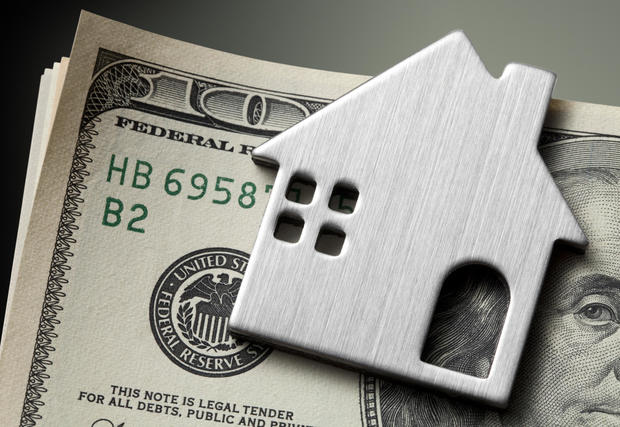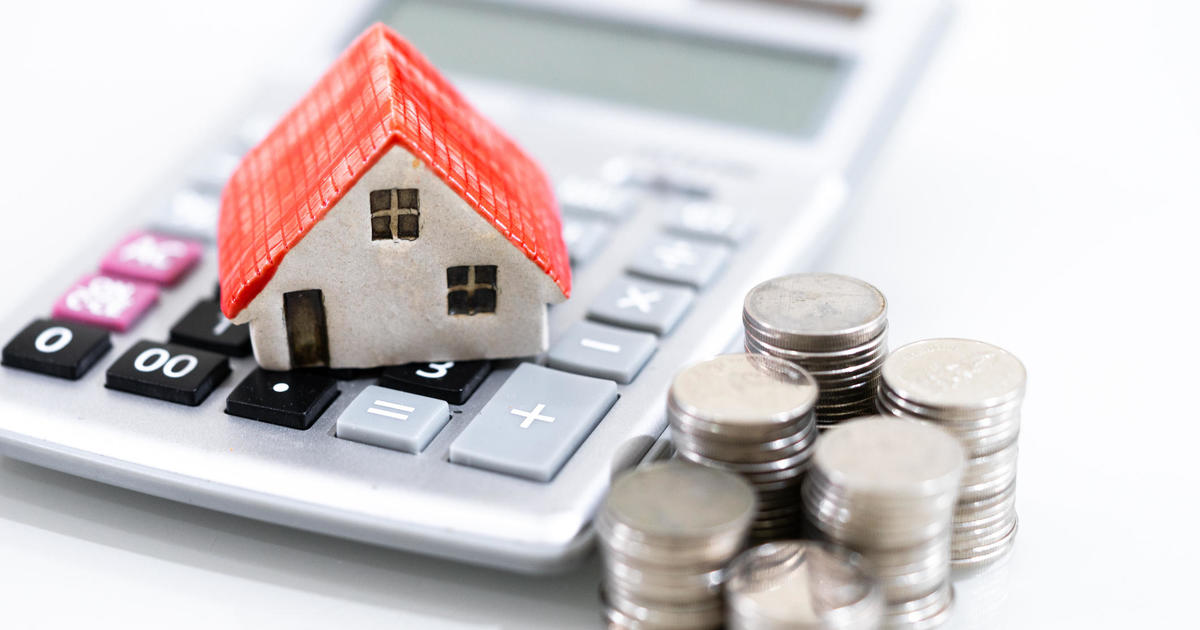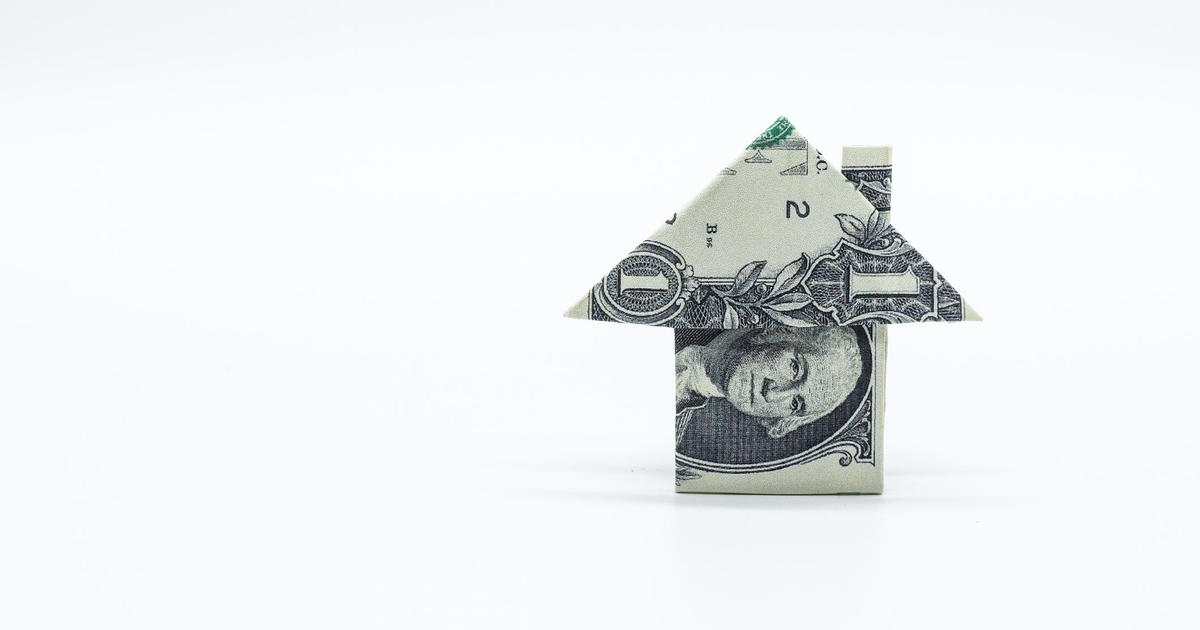The 6 fastest ways to cash out your home equity
It's no secret that it's not particularly cheap to borrow money right now. After all, the Federal Reserve has increased its benchmark rate 11 times over the last 18 months — and while the Fed opted not to hike rates at the latest meeting, its benchmark rate is still at a 22-year high. That, in turn, has caused the rates for everything from credit cards to mortgages to skyrocket.
There is one potentially affordable way to borrow right now, though, and that's by tapping into your home's equity. Borrowing against your home equity can be a smart option when you need access to funds, as the rates are typically lower than you can get with other types of loans. And, the average homeowner currently has about $200,000 in tappable home equity, which can be a valuable source of funds for various financial goals, whether you want to fund home improvements, pay off high-interest debts, invest in a new business venture or cover unexpected expenses.
But are there home equity options if you need access to your funds quickly — and if so, what are the fastest ways to do so? Before you decide on a home equity borrowing route, here's what you should know.
Explore today's top home equity loan options here.
The 6 fastest ways to cash out your home equity
There are a few quick ways to tap into your home's equity when you need to, including:
Home equity line of credit
A home equity line of credit (HELOC) is a flexible and speedy way to access your home equity. This type of home equity loan functions like a credit card, allowing you to borrow against your equity whenever you need funds.
The application and approval process for a HELOC can generally be completed in a few weeks, and once approved, you can access funds almost instantly. HELOCs typically offer lower interest rates than other forms of credit.
As of November 6, 2023, the average HELOC rate is 9.09%, which is much lower than what you'd be offered with many other types of loans right now, making it a cost-effective option.
Find out the home equity loan rates you could qualify for here.
Cash-out refinancing
Cash-out refinancing involves replacing your existing mortgage with a new one, at a higher principal balance. The difference between the new and old mortgage is paid out to you in cash. This method can provide a lump sum of funds, and it may be completed relatively quickly, depending on your lender's efficiency.
That said, it's important to remember that you're swapping your current mortgage loan out with a new one — and as such, your rate will change. If you purchased or refinanced your home when rates were hovering near 3% in 2020 and 2021, it may not be the best move to choose this option right now. After all, mortgage rates are averaging well above 7% currently, so it's likely that your monthly payment would increase significantly between the interest charges on the home equity loan and the higher loan amount.
Home equity loan
A home equity loan, also known as a second mortgage, allows you to borrow a lump sum using your home equity as collateral. The approval process is usually faster than many other home-related loan types, and you can receive the funds promptly.
Interest rates on home equity loans are also typically fixed, making it easier to plan for repayment. And, right now, home equity loans come with rates that are much lower on average compared to many other types of lending products. The average overall rate for a home equity loan is 8.94% currently.
Reverse mortgage
Reverse mortgages are a financial product available to homeowners aged 62 or older. These types of loans allow you to convert your home equity into tax-free cash without having to make monthly mortgage payments.
This option can provide quick access to funds for retirees and seniors, but it's essential to thoroughly understand the terms and implications before proceeding. And, reverse mortgages may have a longer loan process compared to other types of home equity loans, so be sure that the timeline fits your needs if the goal is to tap into your home's equity right away.
Bridge loan
Bridge loans are short-term loans that can help you access home equity quickly when you're in the process of selling your current home and buying a new one. They are useful for covering the down payment on your new home before you receive the proceeds from your old home's sale. Bridge loans typically have higher interest rates, so they're best used for short-term needs — but they can be a good fix if you're trying to tap into your home's equity to finance the purchase of a new home.
Home equity sharing agreements
Equity-sharing agreements involve partnering with an investor who provides you with cash in exchange for a share of your home's future appreciation or equity. This method allows you to access your home equity without incurring debt.
But while this option can be fast and may not require monthly payments, it's important to understand the potential long-term financial implications of this type of agreement. You should also carefully consider the terms before making any decisions.
The bottom line
Cashing out your home equity can provide you with much-needed funds for various financial goals. However, it's crucial to choose the method that aligns best with your specific needs and circumstances. Before tapping into your home equity, it's wise to ensure you're making an informed decision and that you fully understand the implications of your chosen method.




